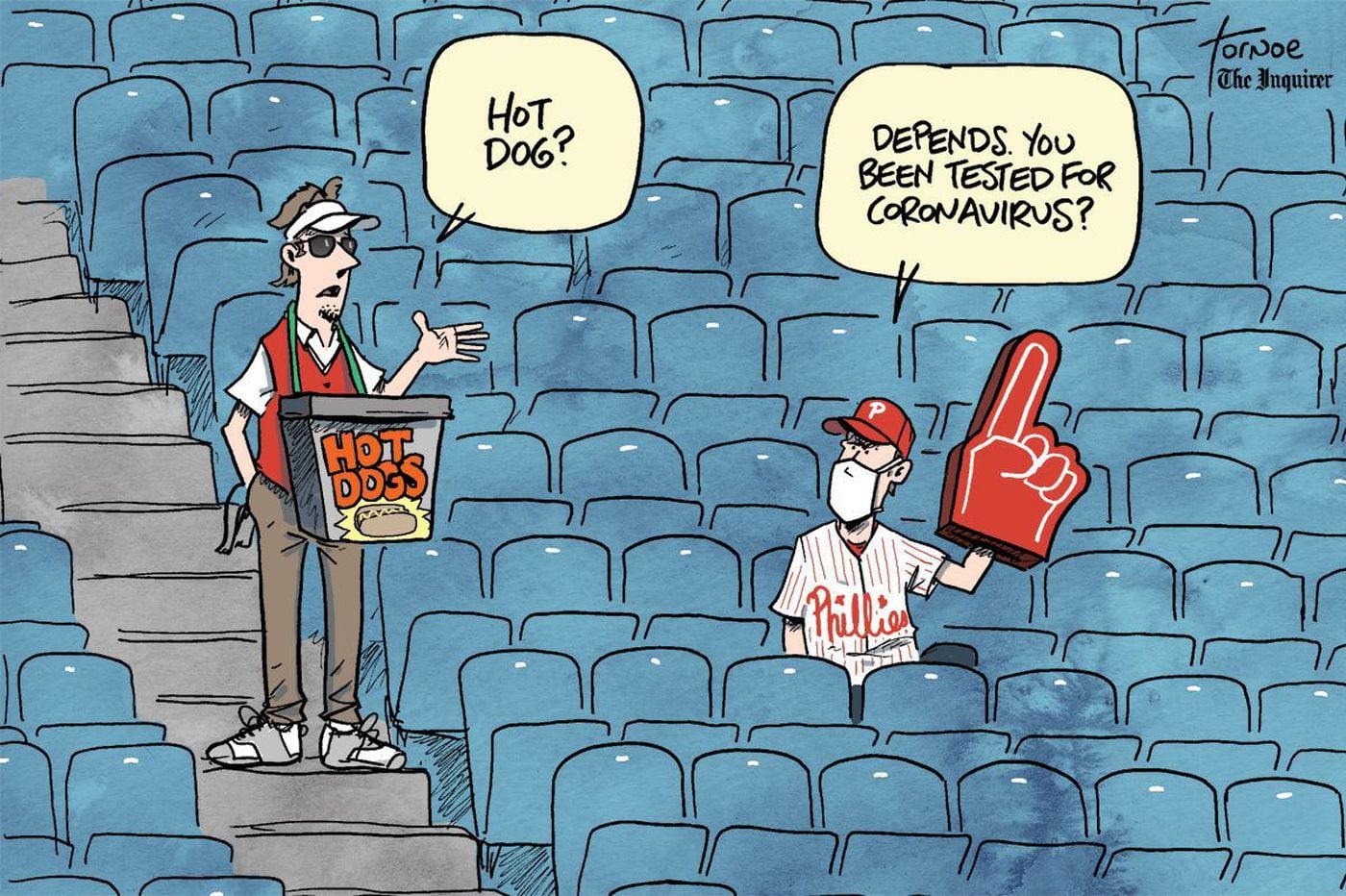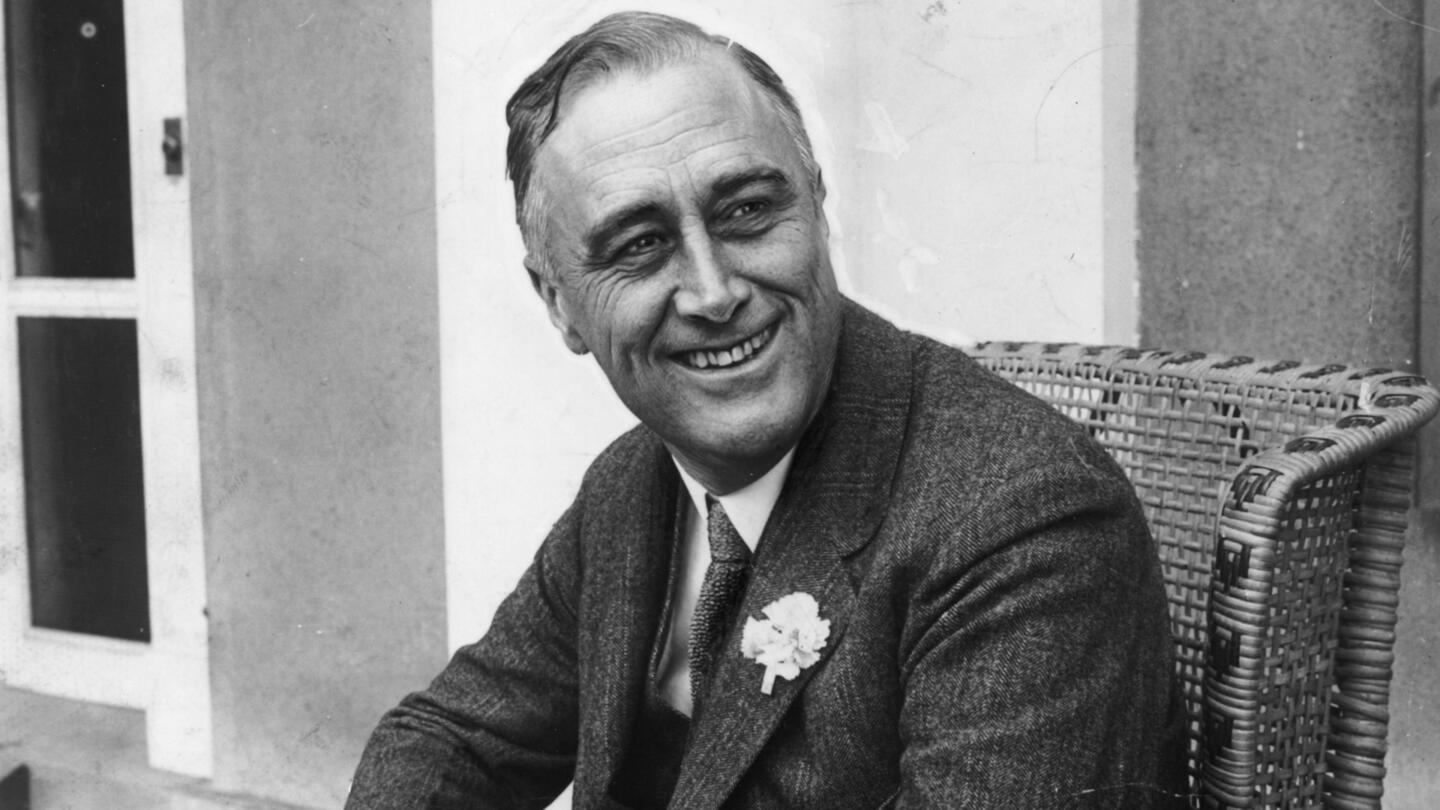Wednesday, March 18, 2020
Aggrevate...
Health Minister Olivier Veran, who has also worked as a neurologist, tweeted that "taking anti-inflammatory drugs (ibuprofen, cortisone...) could be an aggravating factor of the infection. If you have a fever, take paracetamol. If you are already on anti-inflammatory drugs or in doubt, ask your doctor for advice."
His suggestion was criticized by some health experts, who cited the lack of publicly available evidence suggesting a link between ibuprofen and adverse effects of the coronavirus.
The French government reported that "grave adverse effects" linked to the use of non-steroidal anti-inflammatory drugs (NSAID) -- the family of drugs that includes ibuprofen -- have "been identified with patients affected by COVID-19, in potential or confirmed cases."
"We repeat that the treatment of a fever or of pain linked to COVID-19 or to any other respiratory viral disease should be paracetamol," the ministry's new guidelines added. Paracetamol is typically known in the US as acetaminophen.
Monday, March 16, 2020
Sunday, March 15, 2020
Fear...
FDR :So, first of all, let me assert my firm belief that the only thing we have to fear is...fear itself — nameless, unreasoning, unjustified terror which paralyzes needed efforts to convert retreat into advance.
*New York governor Andrew Cuomo, a Democrat, indicated that New York does not have enough hospital beds to house a potential flood of coronavirus patients, and that only the military would be able to augment existing facilities to house those patients.
*The Federal Reserve made another emergency cut to interest rates on Sunday, slashing the federal funds rate by 1.00 percent to a range of 0-0.25 percent. ... Lower rates encourage more money into the economy, inducing businesses to invest and consumers to spend and borrow. That keeps money flowing through the economy.
*At stores across the U.S., shelves are being picked bare. The coronavirus is spurring panicked shoppers to stock up on products ranging from cleansing wipes to peanut butter as they prepare to hunker down in the midst of the growing pandemic.
*New York City’s schools will close Monday and remain shut till at least April 20 — and possibly the rest of the school year, Mayor Bill de Blasio said Sunday.However, this time is different. So have some fear and follow the instructions. It is not unknown any more.
Circus...

U.S. hospitals are setting up circus-like triage tents, calling doctors out of retirement, guarding their supplies of face masks and making plans to cancel elective surgery as they brace for an expected onslaught of coronavirus patients.
Depending on how bad the crisis gets, the sick could find themselves waiting on stretchers in emergency room hallways for hospital beds to open up, or could be required to share rooms with others infected. Some doctors fear hospitals could become so overwhelmed that they could be forced to ration medical care.
The United States is still facing an active flu season, and many hospitals are already running at capacity caring for those patients. The new virus will only add to that burden.
Government health authorities are taking emergency steps to waive certain laws and regulations to help hospitals deal with the crisis. Hospitals, too, are getting ready.
Hospitals are also hiding the freebie surgical masks usually offered to visitors in the lobby, so that doctors and nurses can use them instead if supplies run tight. At Blue Ridge Regional Hospital in the small mountain community of Spruce Pine, North Carolina, respirator masks are locked and under video surveillance.
Saturday, March 14, 2020
Dire Outlook...

JPMorgan's views of the virus "have evolved dramatically in recent weeks" as the outbreak has spread further, the bank's economists wrote.
The US economy could shrink by 2% in the first quarter and 3% in the second, JPMorgan projected, while the eurozone economy could contract by 1.8% and 3.3% in the same periods.
Technical recession is defined as two consecutive quarters of negative gross-domestic-product growth. The bank's emerging-markets economists haven't updated their growth estimates, but "evolving news on the virus and the material tightening" in those markets' financial conditions make it "reasonable to expect further downward revisions" in global first-half GDP.
The outbreak was initially deemed a short-lived but disruptive shock to world economies, but two key developments led the bank to brace for a "much sharper" contraction in the first half of the year and a "novel-global recession."
The economists first cited the "sudden stop" to economic activity created by quarantines and social-distancing measures around the world.
The cancellations of major sporting, cultural, and business events will further cut into consumer spending, and the uncertainty surrounding the virus will make a coordinated economic restart even more difficult, the economists said.
The cancellations of major sporting, cultural, and business events will further cut into consumer spending, and the uncertainty surrounding the virus will make a coordinated economic restart even more difficult, the economists said.
Financial markets' wild price swings and tumbling asset prices will also contribute to economic contraction over the next two quarters, according to JPMorgan. Financial conditions around the globe are "tightening sharply as perceptions of credit quality" across several assets deteriorate, the economists said. The risk of sovereign and corporate debt crises adds to the firm's already dire economic outlook.
Subscribe to:
Comments (Atom)







